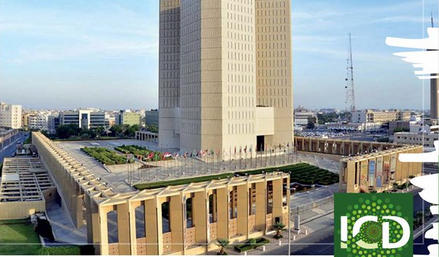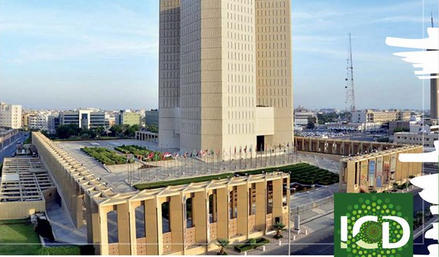DUBAI: Shariah-compliant multilateral development banks (MDBs), such as Jeddah-based Islamic Corporation for the Development of the Private Sector (ICD), are set to benefit from rising demand for highly rated sukuk from Islamic banks, said Moody’s Investors Service.
A shortage of high quality, liquid, shariah-compliant assets has been a limiting factor for Islamic lenders and creates “a large pool of latent demand” for sukuk from the likes of ICD, which are some of the highest-rated Islamic institutions, the ratings agency said in a report.
While MDBs only accounted for just 6 percent of global long-term sukuk issuance volumes in 2020, they originated one fifth of highly rated sukuk instruments, Moody’s said.
ICD is rated A2 (stable) by Moody’s, its sixth highest investment grade. Moody’s downgraded ICD to A2 in March 2019, citing the probability of continued large losses on equity investments. Fitch Ratings rates ICD at A+, its fifth-highest investment grade, while S&P Global Ratings has had it at A, its sixth-highest level, since February 2019.
Globally, MDBs represent just 3 percent of total Islamic finance assets in core markets, providing room to grow, Moody’s said. ICD, in particular, with its focus on allocating private-sector capital through on-lending to financial institutions, is well placed to exploit the expanding private-sector Islamic banking market, it said.
“The Islamic Corporation for the Development of the Private Sector’s mandate, and its increased strategic focus toward on-lending to financial institutions, position it well to benefit from sector growth,” says Thaddeus Best, an analyst at Moody’s Investors Service. “However, all Islamic multilateral development banks will benefit from broader growth in Islamic banking through the additional opportunities for treasury asset investment that it will create.”
Islamic MDBs’ debt could also be in demand from ESG investors, who may be drawn to the fact that many instruments forbid products, such as tobacco, alcohol, gambling, Moody’s said.

Global Islamic finance assets set to hit $3.69 trillion by 2024

